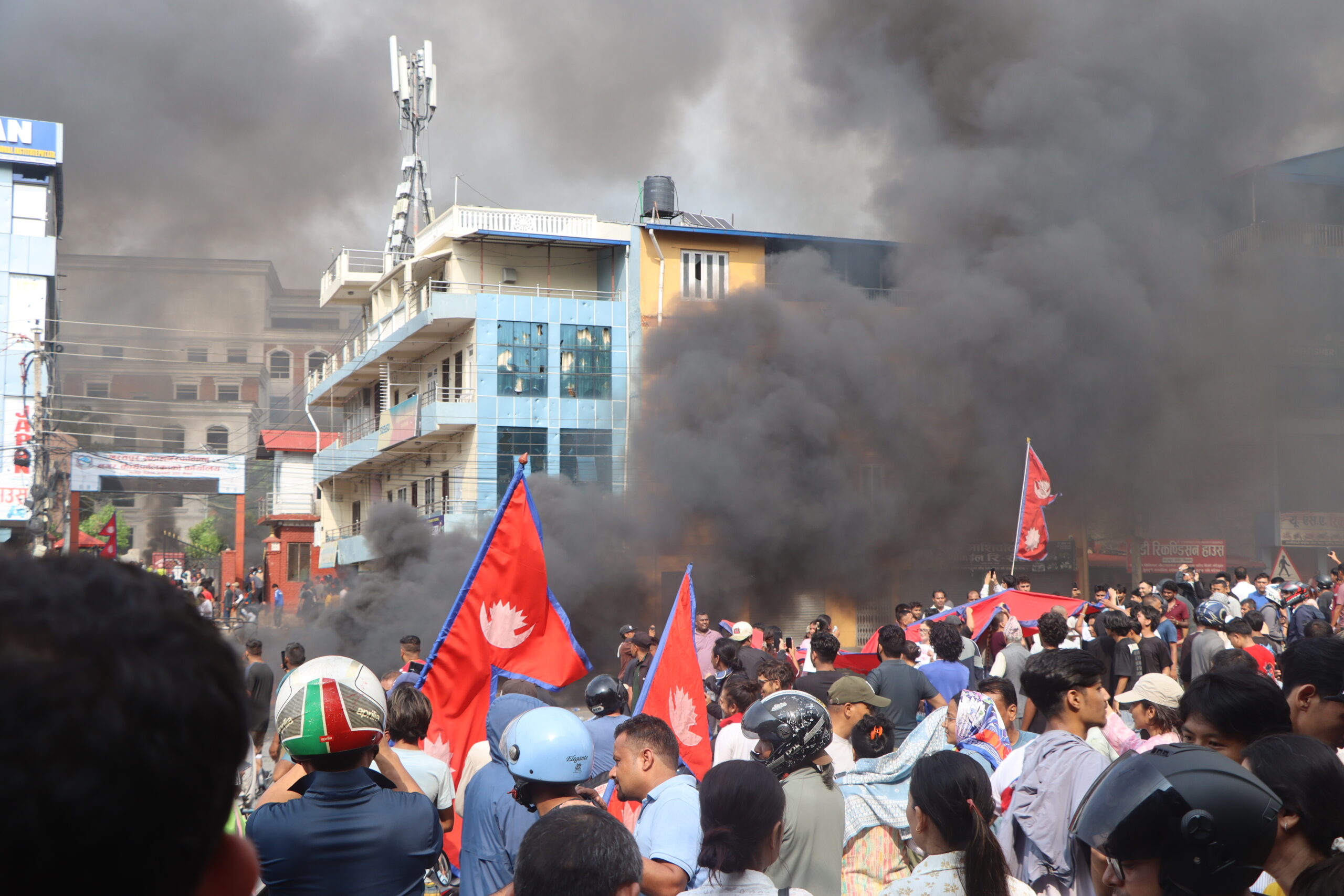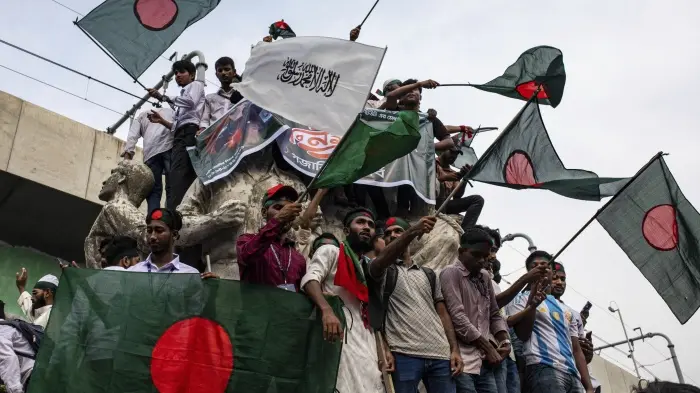Fault lines are prevalent in all societies, as none of them is truly homogenous. Even if religion a common thread as has been the case in all these nations, be it Nepal predominantly Hindu, SriLanka Sinhalese majority and rest being Islamic countries like Bangladesh or even Egypt or Syria. The fissures are all too visible for exploitation and ripe for the picking by the vested interests. India, though a melting pot of cultures and religions with subcontinental proportions and its 1.5 billion population has many fault lines which have been targeted by our adversaries in our chequered history. Thankfully, the governments of the day have acted with maturity and tenacity to weather these storms. The reason for this, is the strength of our institutions of governance, the Judiciary, the Executive, the Legislative and the Armed Forces. As was evident even in our neighbourhood, the Armed Forces had to come to the rescue of the countries from falling into the abyss of total anarchy. As long as we are vigilant of the developments and retain the strength of these institutions, the nation is safe.


No comments:
Post a Comment